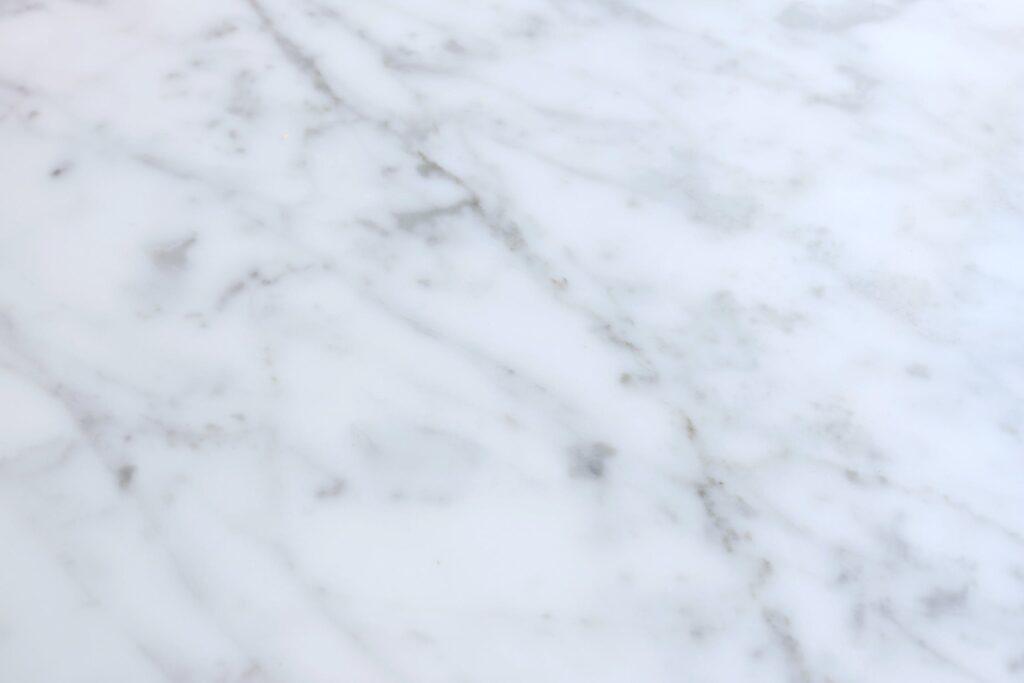Which one is better among Marble and Granite?
Aside from the function you intend to fulfil with the utilisation of these natural rock materials, the selection is determined only by your individual tastes and preferences.

Call 800 247 6663
Order Stones in Mumbai through phone/ whatsapp.
Marble is essentially a metamorphosed form of limestone or another type of carbonate rock. In other words, in terms of its chemical composition, it essentially consists of calcium carbonate. Marbles are available in a variety of enticing tones, most notably in incomparable, brilliant tints of white and various greenish colours. They also generally take a nice polish and are easier to work with than their more difficult sibling, granite. If you were to carve a sculpture out of marble, because to the material’s relative softness in comparison to granite, you would be able to achieve a finer level of carving, and the finished result would seem more aesthetically pleasing than its more robust relative. The coolness of the marble flooring is in contrast to the abrasiveness of the granite flooring.
Granite is considerably more abrasive than marble. It is possible that this rock began its life as an igneous or an extremely metamorphic one. Granite is mostly made up of silicate minerals such as quartz, feldspar, mica, and iron oxides. Variations in the fundamental mineral content of the material are what define its character, as well as its durability and susceptibility to deterioration from the elements. Granite is distinguished from marble in that it features different grain patterns, bandings, and textural designs in addition to a variety of hues, the most of which are found in the tones of grey, pink, yellow, and red. Granite also possesses a variety of colours that are visually pleasing.
And if you are searching for something that will last, granite is the better choice over marble since it has a higher hardness and is more resistant to wear and tear.
The presence of carbonates in marble is considered to be a drawback of the material. The vast majority of these carbonates have a simple reaction with acids. Even when utilising something as benign as a lemon, you need to exercise extreme caution if your home has marble floors or a marble table top. Because lemon contains citric acid, it has the potential to easily erode (damage) your favourite marble. On the other hand, granite is resistant to common acids, so you may use it as a surface for preparing food in the kitchen without having to worry too much about damaging it.